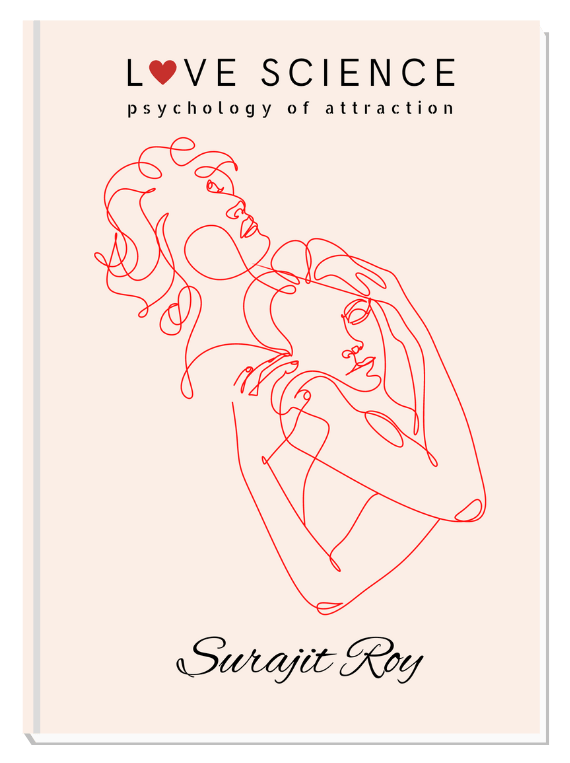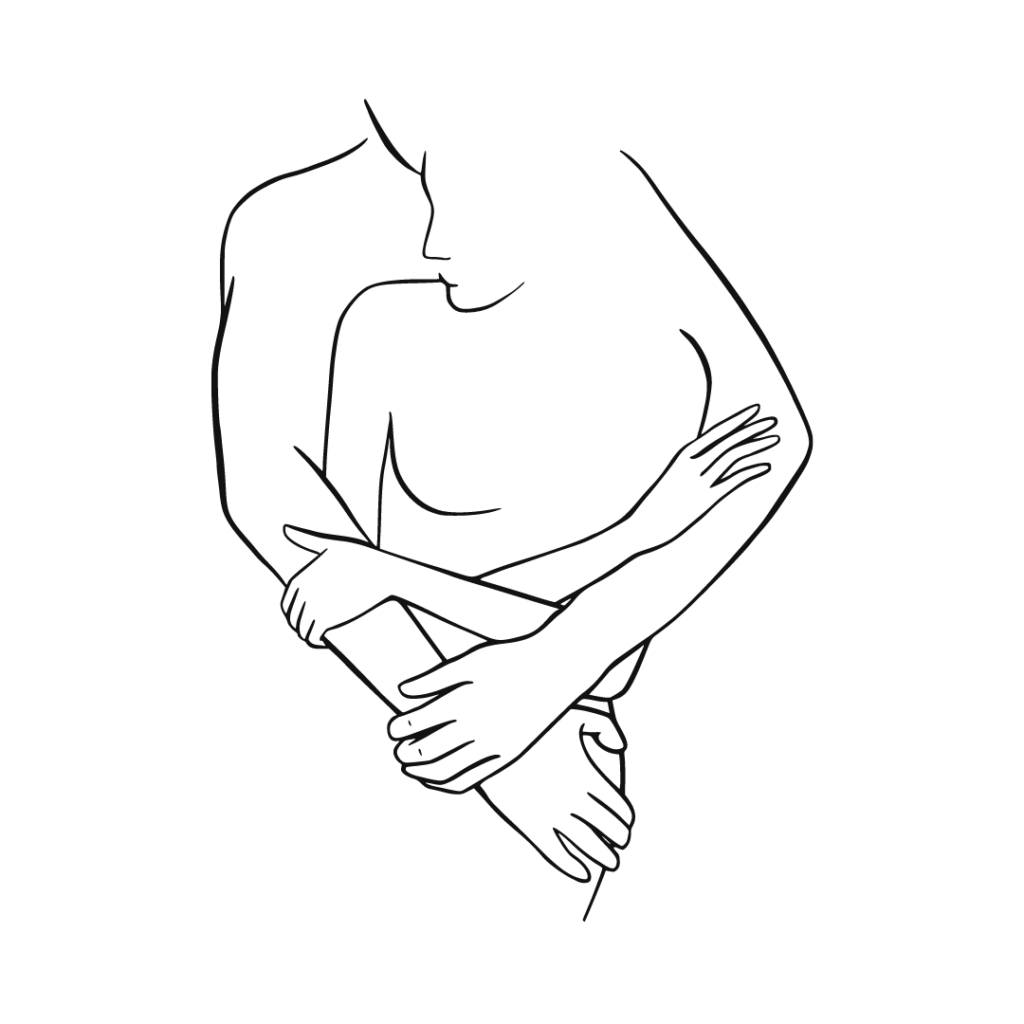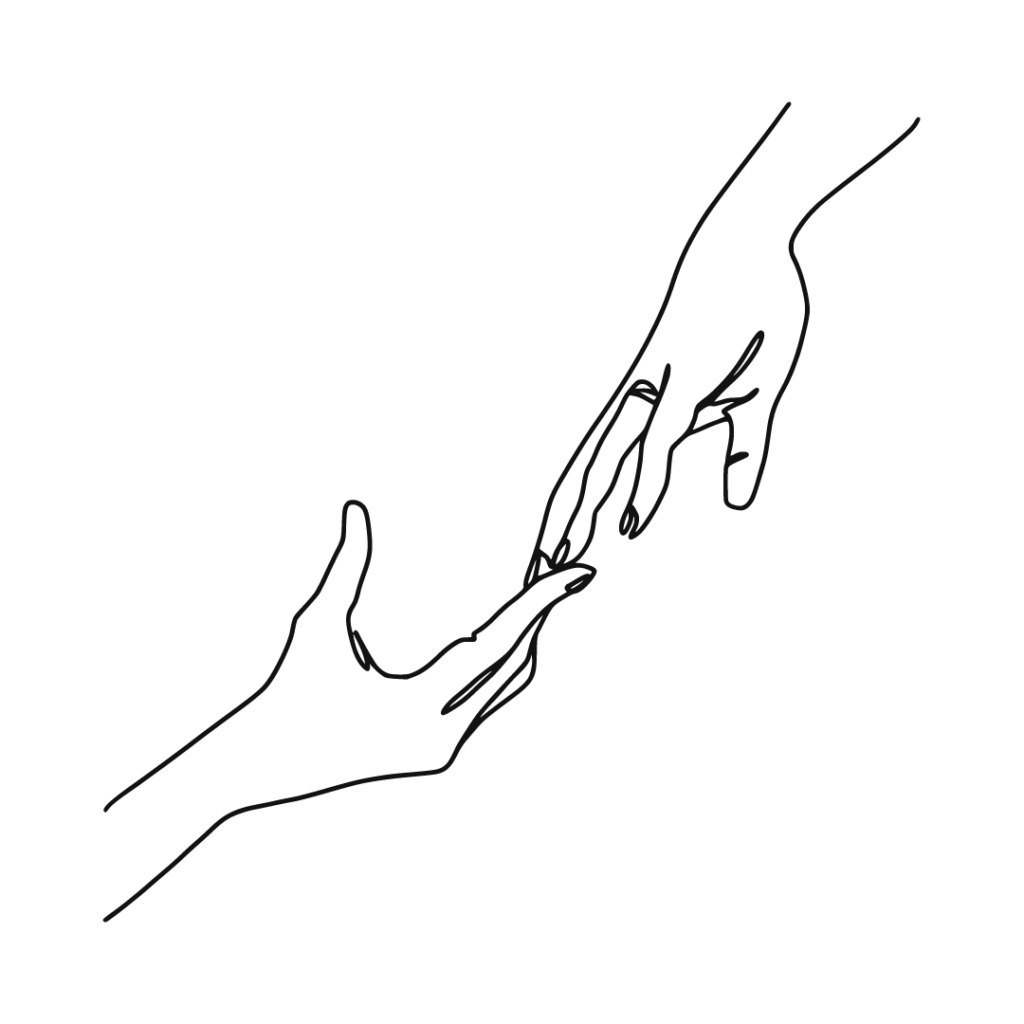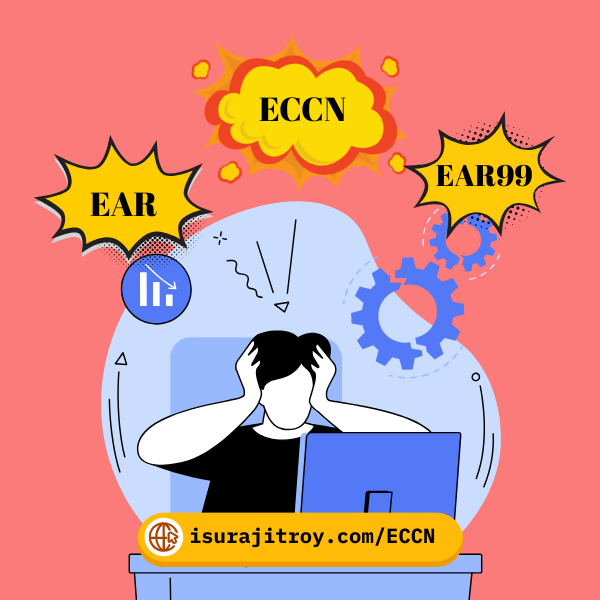Love Science: : Psychology of Attraction

When it comes to dating, “Love Science: Psychology of Attraction” emphasizes the importance of having chemistry with the person you want.
If you’re looking for a practical guide to romance, “Love Science: Psychology of Attraction” is the book for you. With its practical insights into romance, this easy-to-read guide will help you find the right person for you. This book is based on scientific study and psychological expertise. The authors explain how different types of feelings influence the way we perceive and interact with people. They also provide a lot of examples of real-life situations in which people have experienced true love and joy.
The Road-Map of Love Psychology

Love
Being there for a person is what a true relationship needs. When we fail to make an effort, it’s when it doesn’t work with someone who could have been perfect for us. If you make this extra effort for someone who can return the favor, love can be the biggest feeling you can ever feel.

Attraction
Attraction describes a person’s emotional, romantic, sexual, physical, or aesthetic interest, desire, or affinity. A lot of people mistakenly label attraction as purely romantic. But a lot of feelings qualify as attraction—taking an interest in someone’s appearance to experience sexual feelings.

Relationship
A relationship consists of friendship, sexual attractiveness, intellectual compatibility, and, of course, love. Love is the glue that holds a strong relationship together. It is profoundly biological.

Psychology
Unlike what we like to say and believe, the feeling of love does not happen in our hearts, at least scientifically. Instead, it occurs in our brain when we release hormones that create a mixture of feelings: euphoria, enjoyment, or attachment.
Available On
India – Amazon IN | Flipkart | Kindle | Notion Press
Amazon Global
Early love is a unique phase in a person’s life, and a person’s relationship with another can be long-lasting and fulfilling. A person who experiences early love will often have a more lasting and committed relationship with that same person. Adult infatuation can last for a long time, but this does not mean that love is everlasting. A person can fall in and out of love in any number of ways. A romantic relationship is not a marriage; it is a lifelong commitment.
An enduring relationship is based on a deep and lasting connection between two people. A playful one is defined as a brief, playful, or temporary love. It lasts a lifetime. A relationship with a partner that shares the same values is true love. If it is a romantic relationship, the enduring type is a strong and lasting bond between two people.




